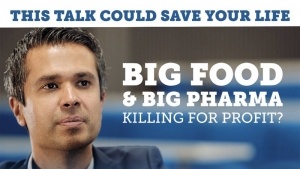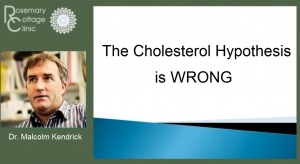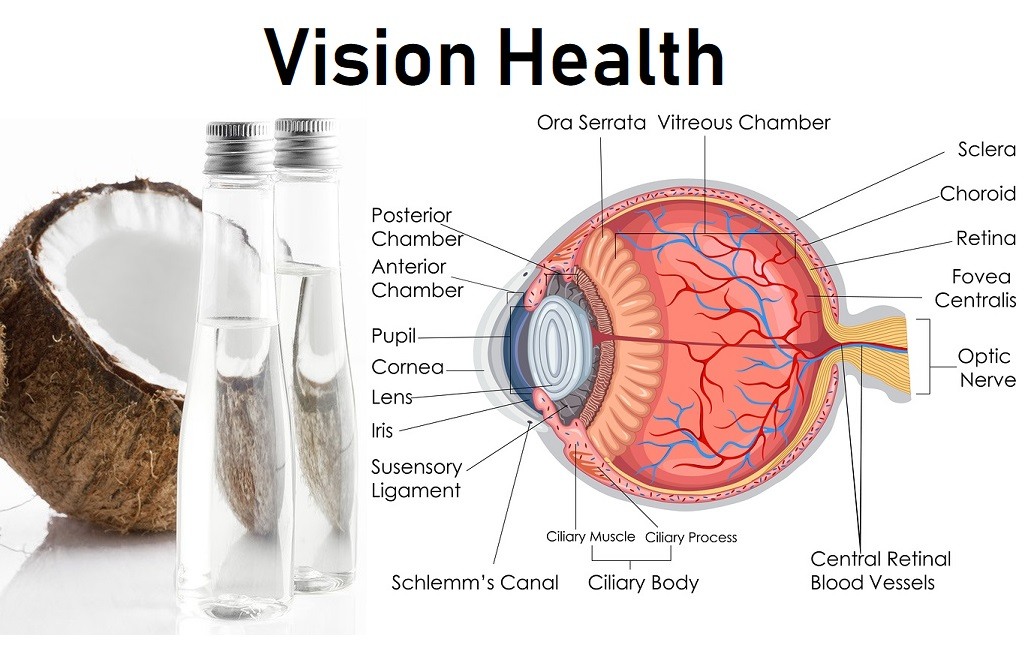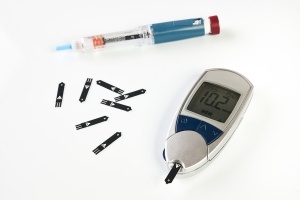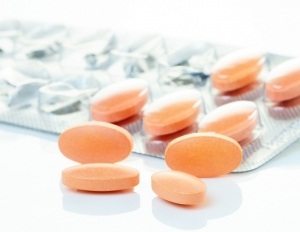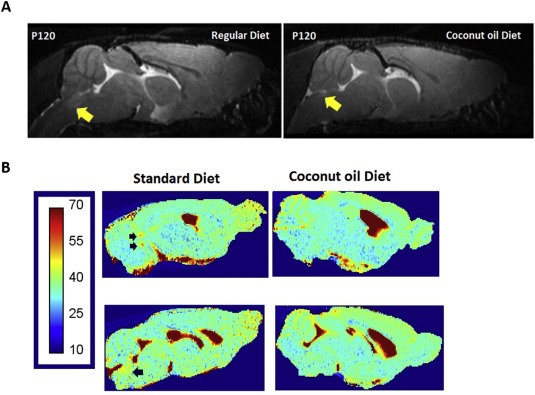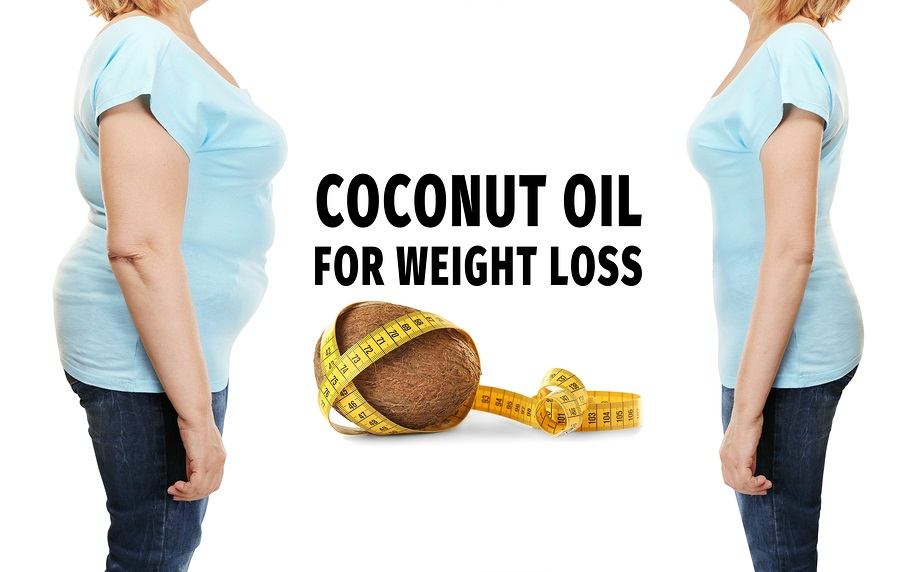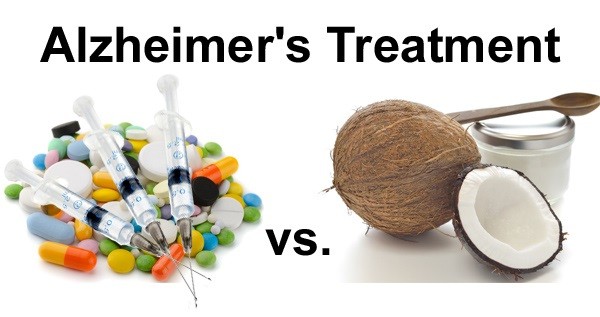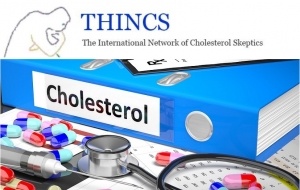Doctors Exposing Cholesterol Myth Accused of Murder in British Press for Questioning Statin Drugs
There’s a media war going on in the UK involving the issue of cholesterol-lowering statin drugs. The British Daily Mail's health editor, Barney Calman, labeled two medical doctors and a PhD nutritionist as "statin deniers" for their efforts in educating the public and debunking the cholesterol-heart disease causation dogma while exposing statin drug dangers. The two doctors are Dr. Malcolm Kendrick and Dr. Aseem Malhotra. The nutritionist is Zoe Harcombe, PhD. The Daily Mail article is blaming their "propaganda" as convincing people to stop taking cholesterol-lowering drugs which they claim are leading more people to suffer heart attacks as a result. Since this is another example of corporate-sponsored "mainstream" media presenting only the pharmaceutical position on their own products and seeking to censor anyone who opposes them, we are publishing the responses from those accused of murder for exposing the dangers of statin drugs, as well as questioning the "science" used for the most widely prescribed class of drugs in the world.



